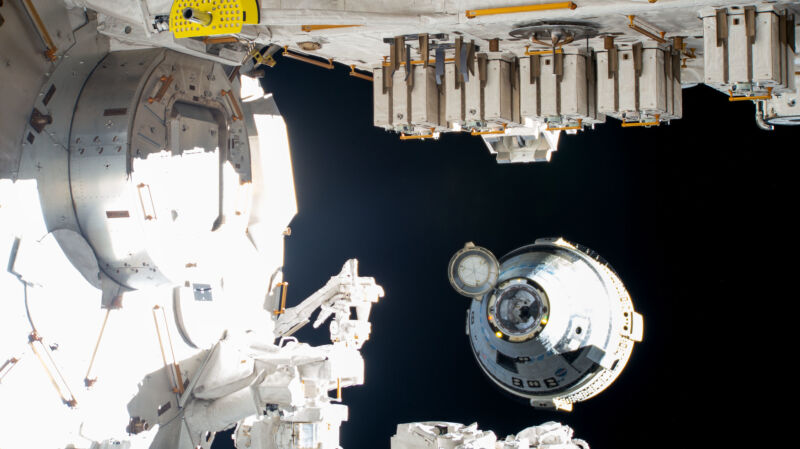The future of Boeing’s crewed spaceflight program is muddy after Starliner’s return

Enlarge / Boeing's uncrewed Starliner spaceraft backs away from the International Space Station moments after undocking on September 6, 2024. (credit: NASA)
Nearly a decade ago to the day, I stood in the international terminal of Houston's main airport checking my phone. As I waited to board a flight for Moscow, an announcement from NASA was imminent, with the agency due to make its selections for private companies that would transport astronauts to the International Space Station.
Then, just before boarding the direct flight to Moscow, a news release from NASA popped into my inbox about its Commercial Crew Program. The space agency, under a fixed price agreement, agreed to pay Boeing $4.2 billion to develop the Starliner spacecraft; SpaceX would receive $2.6 billion for the development of its Crew Dragon vehicle.
At the time, the Space Shuttle had been retired for three years, and NASA's astronauts had to fly to the International Space Station aboard the Soyuz spacecraft. "Today, we are one step closer to launching our astronauts from US soil on American spacecraft and ending the nation's sole reliance on Russia by 2017," NASA Administrator Charles Bolden said in the release.